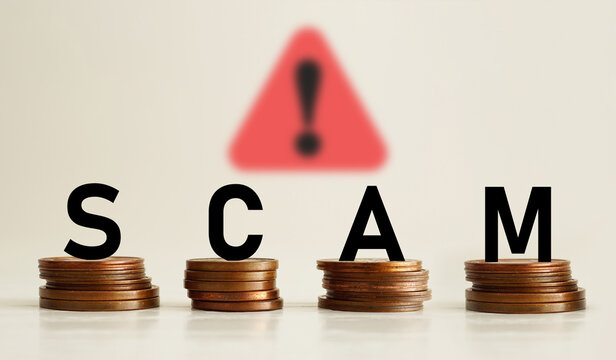
Ponzi Scheme Fraud Charges Announced
A Korean woman from Federal Way, Washington, has been indicted by a grand jury for alleged Ponzi scheme fraud, involving an investment scam targeting Korean seniors.
Federal prosecutors from the U.S. Attorney’s Office for the Western District of Washington recently announced charges against Jenni Yoon Jeon Lee, 52. She allegedly promised investors guaranteed principal protection and returns of up to 10%, then used their money for personal expenses, including gambling at casinos.
Over $3 Million Stolen from Seniors
According to the indictment, Lee presented herself as an experienced investment advisor and established multiple fraudulent companies to support her deception. Investigators claim she collected over $3 million from at least 28 elderly Korean investors. Approximately $1 million of the stolen funds was withdrawn at local casinos, the indictment states.
Lee faces five charges, including wire fraud and violations of banking regulations.
Promises of Safe Investments
Emily Langlie, spokesperson for the U.S. Attorney’s Office, explained Lee created several fictitious financial businesses to gain trust from her victims. Lee reportedly assured investors both verbally and in writing that their investments were risk-free, emphasizing the full protection of their original investment amounts.
Despite these assurances, prosecutors found no evidence Lee ever invested the collected funds legitimately. Instead, Lee allegedly encouraged victims to open self-directed Individual Retirement Accounts (IRAs)—accounts that allow investments across various sectors, including real estate. She then persuaded investors to grant her full control of these accounts.
Elaborate Financial Deception
The indictment further reveals Lee provided promissory notes to legitimate financial institutions. These notes falsely indicated that the investors’ money was lent to Lee’s sham companies, concealing the actual misuse of funds.
Each charge against Lee carries a maximum penalty of up to 30 years in prison, prosecutors said.
A grand jury indictment determines only whether sufficient evidence exists to proceed with criminal charges, unlike a trial jury, which renders verdicts of guilt or innocence.


![Hangar images indicate North Korean advances in military drone domain Satellite photos taken on March 28, included in Beyond Parallel's report on North Korea, shows what appears to be seven new drone hangars at the Banghyon Air Base. [SCREEN CATPURE]](https://www.koreadailyus.com/wp-content/uploads/2025/04/0402-Hangar-100x70.jpg)

![Deeper-I, Efinix sign deal to develop world’s first AI-FPGA single-chip solution Ikuo Nakanishi, left, vice president of sales at Efinix and Lee Sanghun, right, CEO of Deep-I pose for a photo after signing MOU on March 26. [Provided by Deeper-I]](https://www.koreadailyus.com/wp-content/uploads/2025/04/0401-DeeperI-100x70.png)